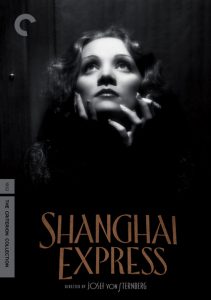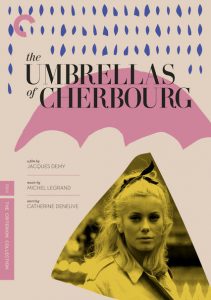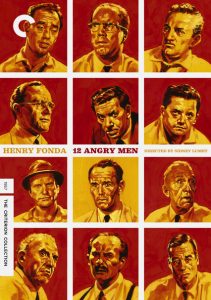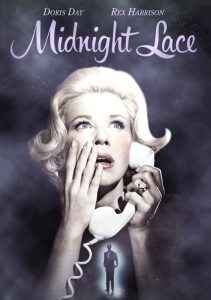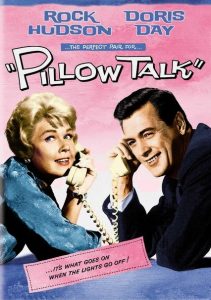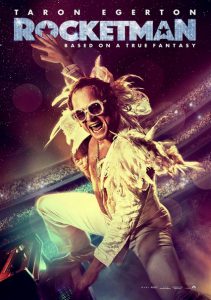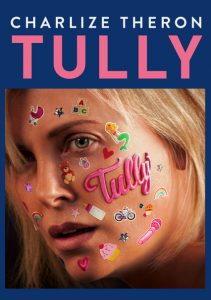Shanghai Express-1932
Director Josef Von Sternberg
Starring Marlene Dietrich, Clive Brook
Scott’s Review #913
Reviewed June 29, 2019
Grade: A-
A film way ahead of its time and firmly affixed to the female perspective, Shanghai Express (1932) is riddled with drama, intrigue, and adventure culminating in a slightly too tidy of an ending.
Forgetting that slight embrace with the traditional been there, done that film climax, the story has layers of interesting tidbits and will assuredly keep audiences on their toes.
Marlene Dietrich sizzles in the lead role and benefits from the film being made pre-American code, which puts restrictions galore on pictures, watering down many.
With flashes of a story like Murder on the Orient Express, Shanghai Express gets off to a strong start as a group of strangers of differing backgrounds begin to board the self-titled train from Istanbul, Turkey through civil war-torn China.
Causing a stir, the presence of Shanghai Lily (Dietrich), a woman of questionable morals, with her sidekick Hui Fei in tow (Anna May Wong).
Lily reconnects with her former flame Captain Donald Harvey (Clive Brook) as passengers shun her and political matters reach the boiling point, leading Lily to prove her undying love for Donald.
Keeping in mind that the film was made in the year 1932, the plot and surrounding elements all resound to being female-driven which is both courageous and forceful.
Dietrich is glamorous and photographs beautifully with no better example of this than the scene when she trembles and shivers in fear as she clings to a cigarette, her character deep in thought and anxiety.
The image and lighting were so powerful that they became the cover art for the promotional photograph. A promiscuous woman but never ashamed of who she is Lily proudly proclaims the immortal line, “It took more than one man to change my name to Shanghai Lily.”
Dietrich is nearly overshadowed by Anna May Wong, the mysterious and deadly Hui Fei. With her exotic demeanor, the audience is perplexed by her, not knowing much about her, and longing for more exposure and reveals.
Hui Fei comes full tilt during the final act but remains an elusive character. Throughout the run-time of the film short at one hour and thirty-two minutes, I found myself thinking about Hui Fei continuously, wanting more explanation about her life, her background, and how she came to be associated with Shanghai Lily.
The film’s atmosphere is a championed success as the roaring engines of the fast-moving train mixed with the bells and dazzling, luxurious train cars make the background details tremendously important, keeping the fast-paced action ongoing and crackling.
The supporting characters like judgmental Christian missionary Mr. Carmichael (Lawrence Grant), who at first condemns the two as “fallen women”, and the boarding housekeeper Mrs. Haggerty (Louise Closser Hale) with her strictness for discipline and cleanliness, add life and a good comic balance to the heavy drama.
Shanghai Express’s tremendous attributes with cagey female characters and perspective, so strong an appeal, ultimately lead to a glaring letdown at the end of the film.
Understood is how Lily is madly in love with Donald and the physical tension they share throughout the film is palpable and noticeable. She is willing to agree to go with the film’s villain, the dastardly Chang (Warner Oland) to his palace, presumably for sex or to become his kept woman, all in the name of her love for Donald.
Lily and Donald find their way to a strong embrace as the film ends but this feels contrived given the immense other qualities.
Lovely is having the experience of viewing a film not too distant from celebrating its one-hundredth anniversary and noticing aspects highly influential to other films.
Thanks to a fantastic performance by Dietrich and cleverly written characters the film is a high achievement and should be exposed to young film fans studying in film school as evidence of an early treasure.
Shanghai Express (1932) is a cinematic success peppered with complexities and voracious theater.
Oscar Nominations: 1 win– Outstanding Production, Best Director-Josef Von Sternberg, Best Cinematography (won)
